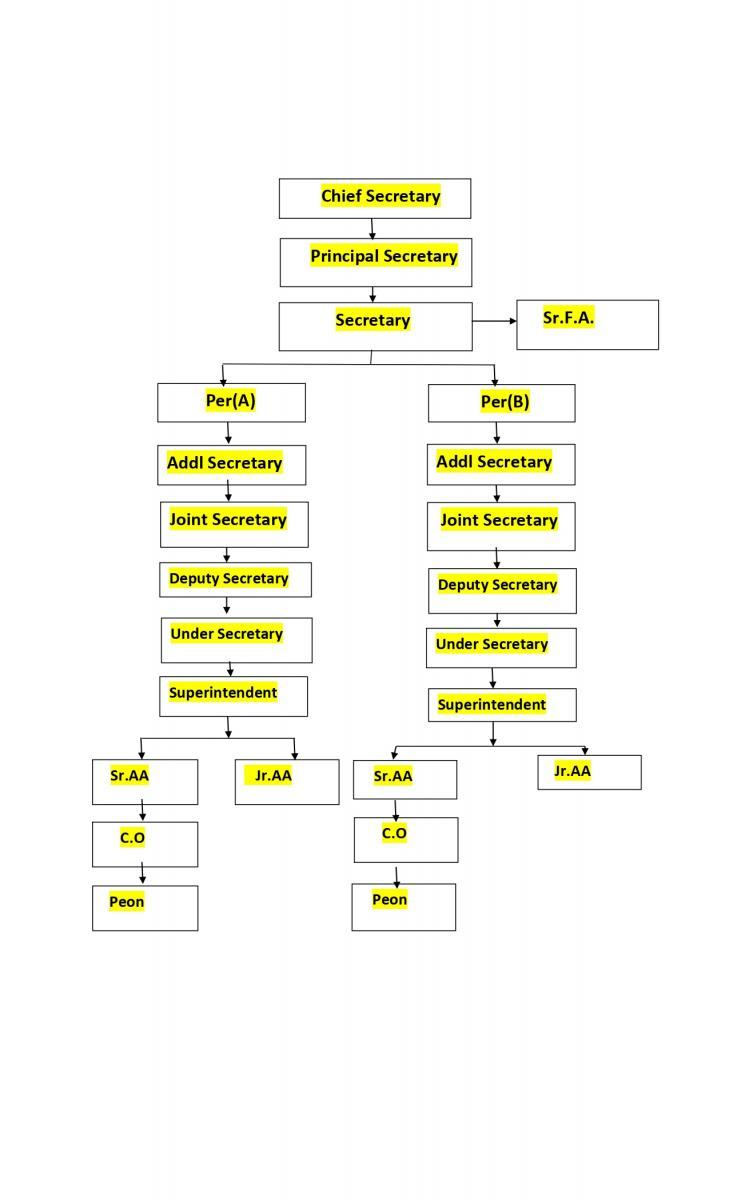Haryana Switch to Hindi
Haryana Becomes First State to Clear Dalit Sub Quotas
Why in News?
In a recent move, Haryana became the first state in India to approve subquotas within the Scheduled Castes (SC) reservation, a significant development in affirmative action policies.
Key Points
- Dalit Subquota Approval: Haryana's government approved the division of 20% SC reservation into two parts: 50% for the "deprived" SC and 50% for others SC.
- The Haryana government had in 2020 enacted the Haryana Scheduled Castes (reservation in admission in educational institutions) Act, to set aside 50% of the 20% seats reserved for the Scheduled Castes in higher education institutions of the state for a new category, the deprived Scheduled Castes.
- This move aims to ensure equitable distribution of benefits among SCs, recognizing economic disparities within the group.
- A commission headed by Justice (retd) HS Bhalla was set up to identify the “deprived” castes.
- Haryana has a significant SC population (over 20%), internal inequality has been a long-standing issue.
- Legal and Constitutional Basis: The state government relies on Article 341 of the Indian Constitution, which allows the classification of SCs.
- As per the Articles 341(1) and 342(1), the President of India, after consultation with the Governor, may specify the castes, races, tribes or parts of groups within castes or races, which shall be deemed to be SCs and STs.
- Similar attempts at SC subquotas have been made in states like Andhra Pradesh, but Haryana's move is the first to be formally cleared.
Supreme Court’s Verdict on Sub-Classifications of SCs and STs
- Sub-Classifications Permitted: The Court ruled that states are constitutionally allowed to sub-classify SCs and STs based on varying levels of backwardness.
- The seven-judge Bench ruled that states can now sub-classify SCs within the 15% reservation quota to provide better support for the most disadvantaged groups.
- Chief Justice of India emphasised the difference between "sub-classification" and "sub-categorisation," cautioning against using these classifications for political appeasement rather than genuine upliftment.
- The Court noted that sub-classification should be based on empirical data and historical evidence of systemic discrimination, rather than arbitrary or political reasons.
- States must base their sub-classification on empirical evidence to ensure fairness and effectiveness.
- The Court clarified that 100% reservation for any sub-class is not permissible. State decisions on sub-classification are subject to judicial review to prevent political misuse.
- The Supreme Court has ruled that the 'creamy layer' principle, previously applied only to Other Backward Classes (OBCs) (as highlighted in Indra Sawhney Case), should now also be applied to SCs and STs.
- This means states must identify and exclude the creamy layer within SCs and STs from reservation benefits. The judgement responds to the need for a more nuanced approach to reservations, ensuring that benefits reach those who are truly disadvantaged.
- The court stated that Reservation has to be limited only to the first generation.
- If any generation in the family has taken advantage of the reservation and achieved a higher status, the benefit of reservation would not be logically available to the second generation.
- Rationale for the Verdict: The Court acknowledged that systemic discrimination prevents some members of SCs and STs from advancing, and therefore, sub-classification under Article 14 of the Constitution can help address these disparities.
- This approach allows states to tailor reservation policies to more effectively support the most disadvantaged within these groups.
Haryana Switch to Hindi
Rajesh Khullar Appointed as Chief Principal Secretary to CM
Why in News?
Recently, Rajesh Khullar has been appointed as the Chief Principal Secretary to the Haryana Chief Minister, but notably without cabinet status.
Key Points
- Legal Framework: The state government has the power to appoint advisors and secretaries under its administrative discretion.
- Unlike similar positions, Khullar’s appointment doesn’t come with cabinet rank, meaning he won’t enjoy the same perks as ministers or have cabinet responsibilities.
- Khullar’s role involves assisting the Chief Minister in administrative decisions, policy formulation, and strategic governance, excluding legislative or cabinet involvement.
- State’s Power: The state government, under Article 162, exercises executive power to appoint individuals in administrative advisory roles.


.png)



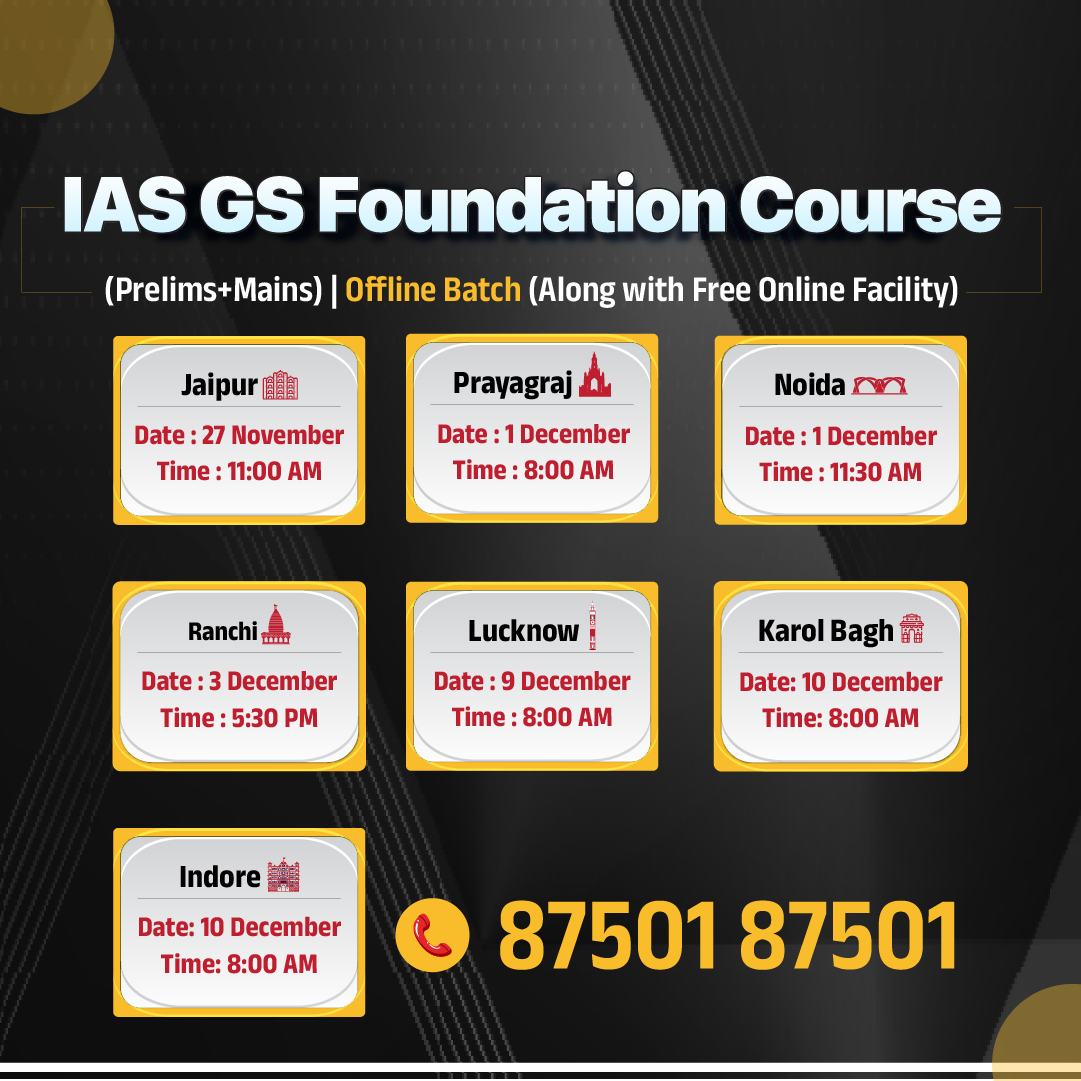

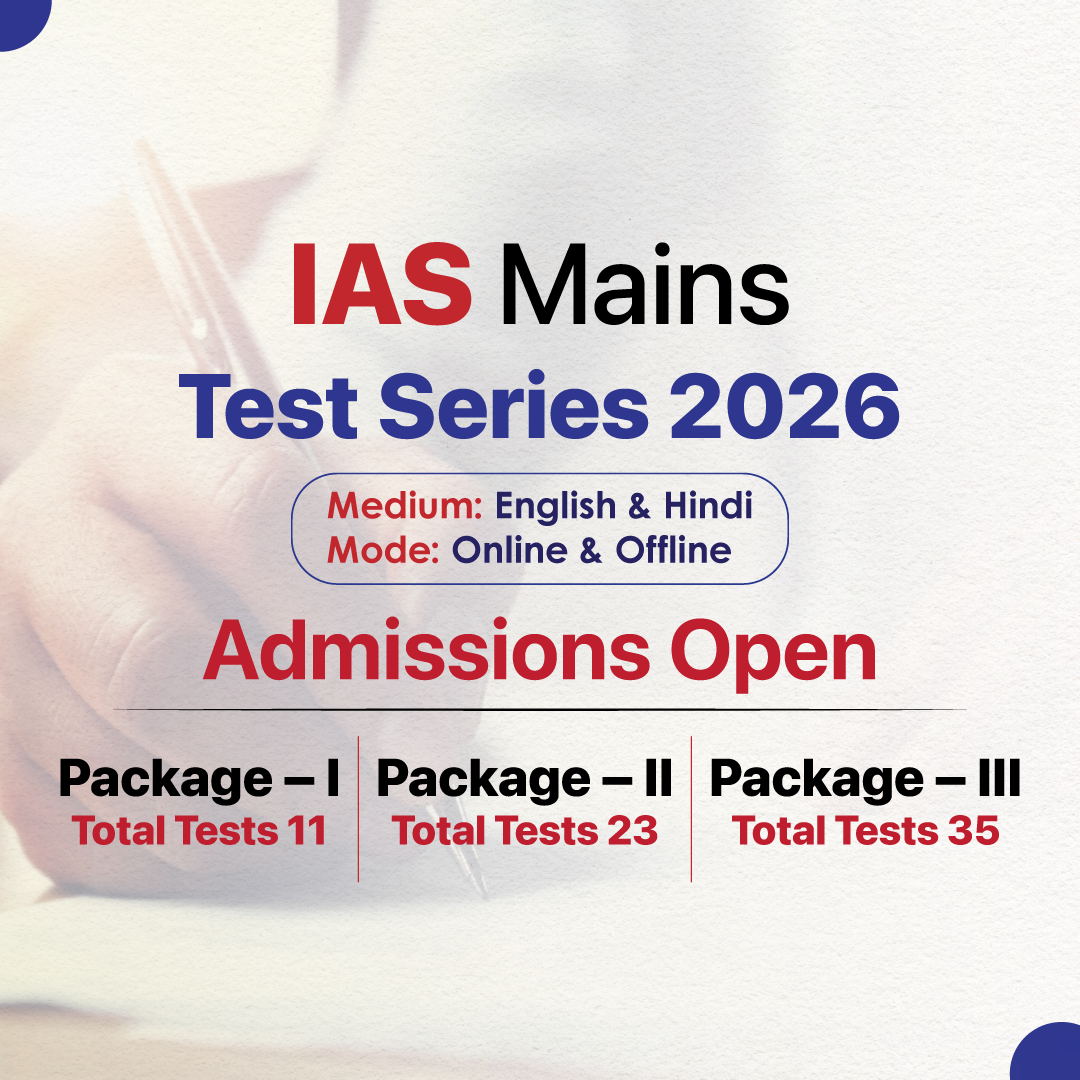

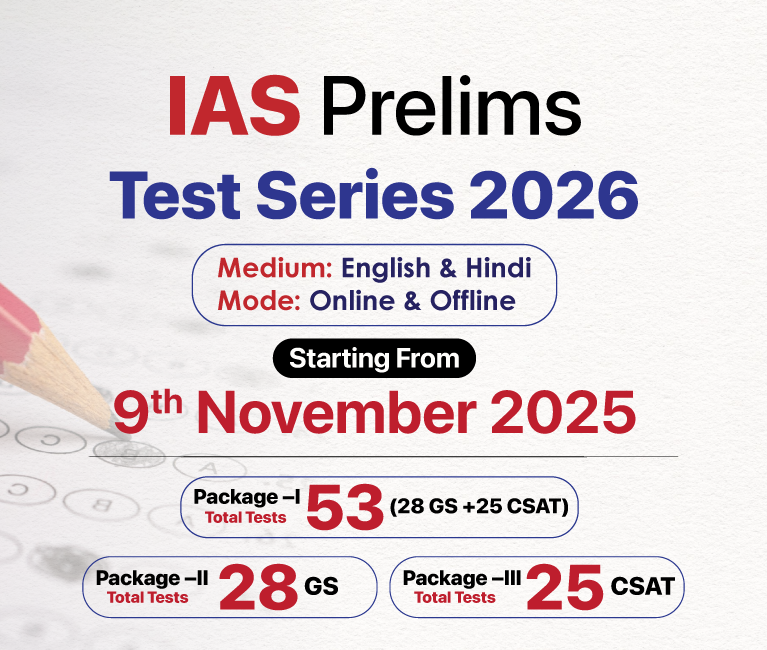
.png)
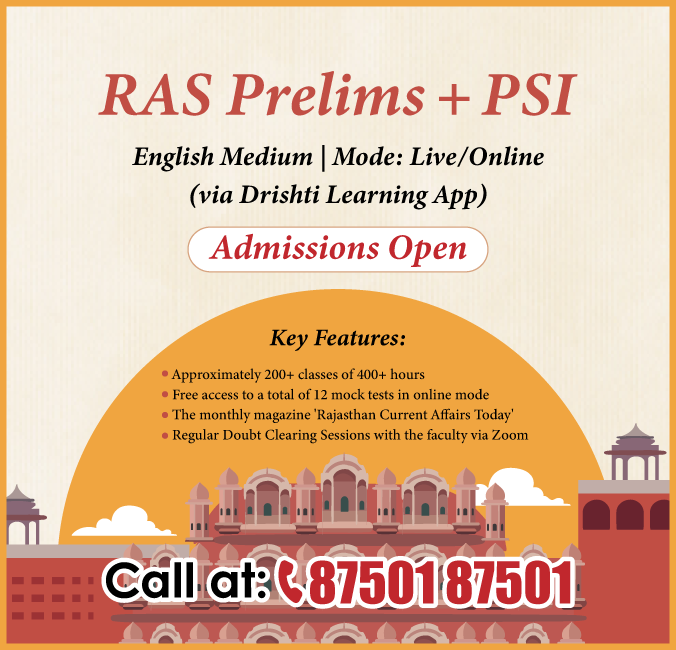

.jpg)



 PCS Parikshan
PCS Parikshan